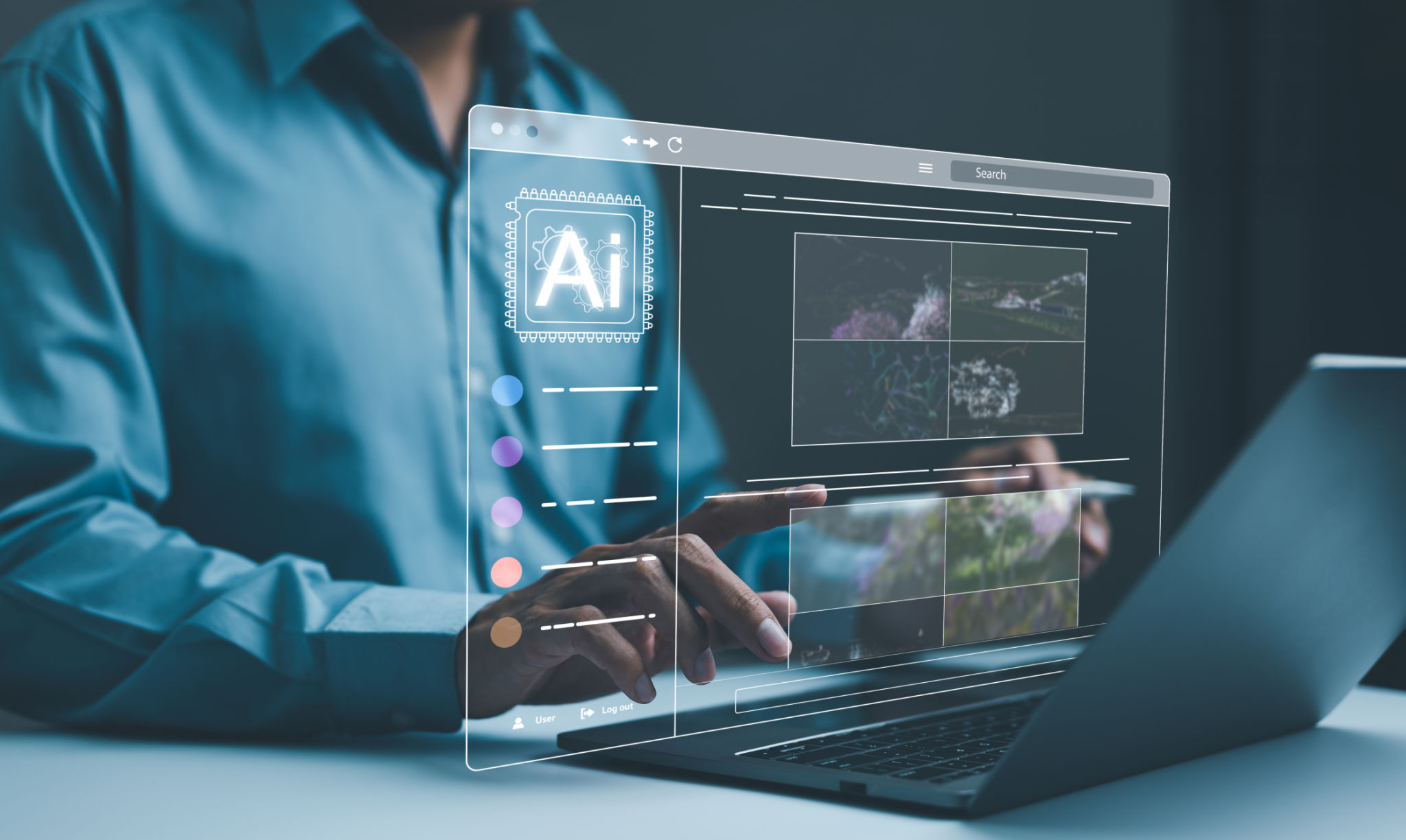Debunking Common Misconceptions About AI in Business
MT
Understanding AI's Role in Business
Artificial Intelligence (AI) has rapidly transformed various industries, yet it remains surrounded by numerous misconceptions. As businesses increasingly integrate AI technologies into their operations, it is crucial to address these misunderstandings to harness the true potential of AI.
One common misconception is that AI will completely replace human jobs. While AI can automate certain tasks, it is primarily designed to augment human capabilities, not replace them. This collaboration between humans and AI can lead to increased productivity and innovation in the workplace.

AI Requires Extensive Expertise
Another widespread belief is that implementing AI in business requires extensive technical expertise. While it is true that AI involves complex technologies, many AI solutions today are user-friendly and do not require advanced technical skills to deploy. Businesses can leverage pre-built AI tools and platforms that are designed for ease of use, enabling them to adopt AI without the need for specialized knowledge.
Moreover, various service providers offer AI solutions as a service, where businesses can collaborate with experts to integrate AI into their operations seamlessly. This approach allows companies to benefit from AI without having to invest heavily in developing in-house expertise.

AI is Only for Large Enterprises
Many small and medium-sized businesses believe that AI is only applicable to large enterprises with substantial resources. However, this is far from the truth. With advancements in technology, AI has become more accessible and affordable for businesses of all sizes. Even small businesses can utilize AI tools to enhance customer experiences, optimize operations, and make data-driven decisions.
AI solutions are scalable, meaning they can be tailored to meet the specific needs and budgets of smaller organizations. By adopting AI, small businesses can gain a competitive edge and improve their market positioning.

The Myth of Perfect Accuracy
Some people assume that AI systems are infallible and always deliver perfect results. In reality, AI systems are only as good as the data they are trained on. While AI can improve accuracy over time through continuous learning and data input, it is not inherently flawless. Human oversight is still necessary to ensure the quality and reliability of outcomes generated by AI systems.
Errors can occur due to biased data or incorrect algorithm design, highlighting the importance of ethical considerations in AI development and deployment. Businesses must ensure they have measures in place to address these challenges effectively.
AI Lacks Creativity
Another misconception is that AI cannot contribute creatively. While it is true that AI operates based on patterns and data, it can generate creative outputs when used appropriately. In fields such as marketing, design, and content creation, AI tools are increasingly being used to generate new ideas and concepts, assisting human creatives in their work.

AI can analyze vast amounts of data to identify trends and insights that inform creative strategies. By combining human creativity with AI's analytical capabilities, businesses can develop innovative solutions and campaigns that resonate with their audiences.
The Future of AI in Business
As we continue to debunk these misconceptions, it becomes evident that AI holds immense potential for businesses across various sectors. Understanding its capabilities and limitations is key to leveraging AI effectively. By embracing a balanced approach that combines human intelligence with AI technology, businesses can unlock new opportunities for growth and success.
As the technology evolves, staying informed about the latest developments in AI will empower businesses to remain competitive in a rapidly changing landscape. By dispelling myths and focusing on factual information, companies can make informed decisions about integrating AI into their operations.
